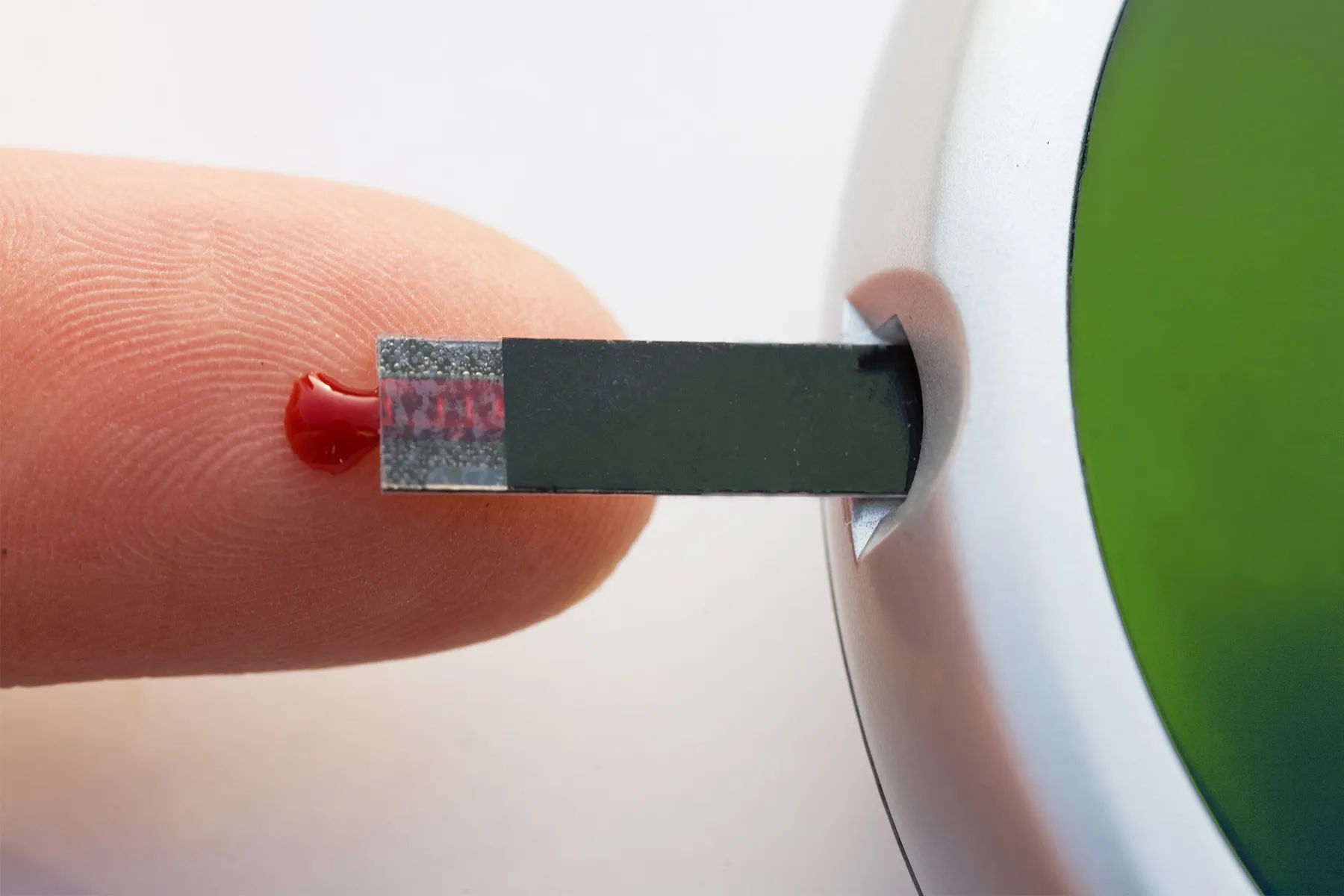
June 30, 2023 – Treatment of hard-to-manage type 1 diabetes with transplanted pancreatic cells is moving forward on two fronts, with one product newly approved and the other making headway in a clinical trial.
Type 1 diabetes is an autoimmune disease where insulin-producing pancreatic beta cells (often called just “islets,” because they reside in the islets of Langerhans part of the pancreas) are destroyed by the body’s own immune reactions. People with the condition take insulin via shots or a pump to stay alive and must also regularly measure their blood sugar levels and adjust their insulin.
But some people with type 1 diabetes often have severe low blood sugar (hypoglycemia) and may not feel the symptoms, such as shaking and sweatiness, that signal a blood sugar drop. Those people (known as hypoglycemia unaware) are the only candidates for islet cell therapy, in part because they must also take medication to suppress their immune system to prevent rejection – in the same way that it is required for any other transplanted organ, such as a kidney – and that brings risk as well. Researchers are working to end the need for immunosuppressants.
The FDA on Wednesday approved Lantidra, a therapy made from pancreatic islet cells from dead donors who have, or whose families have, agreed to donate their organs after their death. Lantidra, made by CellTrans, is approved for people with type 1 diabetes who can’t achieve target blood sugar levels using insulin.
In clinical trials with Lantidra, 21 out of 30 patients did not need to take insulin for at least 1 year, while 10 were still insulin-independent more than 5 years after the treatment. But in five patients, it didn’t work at all.
Meanwhile, in an early clinical trial of a different type of pancreatic islet cell made from stem cells, Vertex Pharmaceuticals’ VX-880, two people with type 1 diabetes and severe hypoglycemia have been able to completely come off insulin for at least a year, and three others are moving in that direction. Those findings were presented on June 23 at the annual American Diabetes Association’s Scientific Sessions.
Both types of islets are infused into the portal vein, which carries blood from several organs to the liver, as well as insulin from the pancreas to the liver in people without type 1 diabetes.
“For decades now, the promise of pancreatic islet transplantation as a treatment for a small subset of those with the most difficult to control type 1 diabetes – and in particular, those with frequent and severe hypoglycemia – has faced two major hurdles,” said David M. Harlan, MD, co-director of the University of Massachusetts Diabetes Center of Excellence.
“One is an insufficient supply of islets to transplant, and two, the sometimes-toxic immunosuppression required to prevent the transplanted islets from immune rejection,” he said.
The recent results using VX-880 “hold the promise of overcoming both hurdles in that stem cell-derived islets can be grown in the lab, thereby opening the possibility of a virtually endless supply,” said Harlan, who is also a professor of medicine at the University of Massachusetts Chan Medical School in Worcester.
There were no major safety issues in the VX-880 study, which is now being expanded to include more people in several European countries as well as in the United States.
With Lantidra, side effects included nausea, fatigue, anemia, and belly pain. Most people in the trial had at least one severe adverse reaction, due to either the IV procedure into the portal vein or from the immune-suppressing medications. In some cases, these events required the person to stop using those medications and lose the function of the transplanted cells.
“These adverse events should be considered when assessing the benefits and risks of Lantidra for each patient,” the FDA said in a statement.
24World Media does not take any responsibility of the information you see on this page. The content this page contains is from independent third-party content provider. If you have any concerns regarding the content, please free to write us here: contact@24worldmedia.com